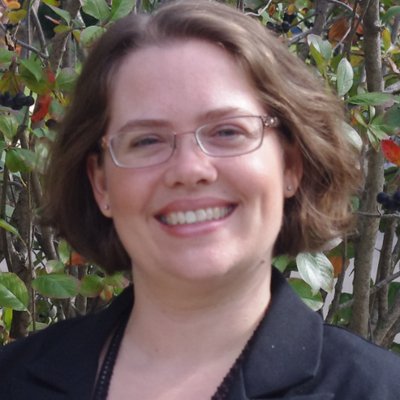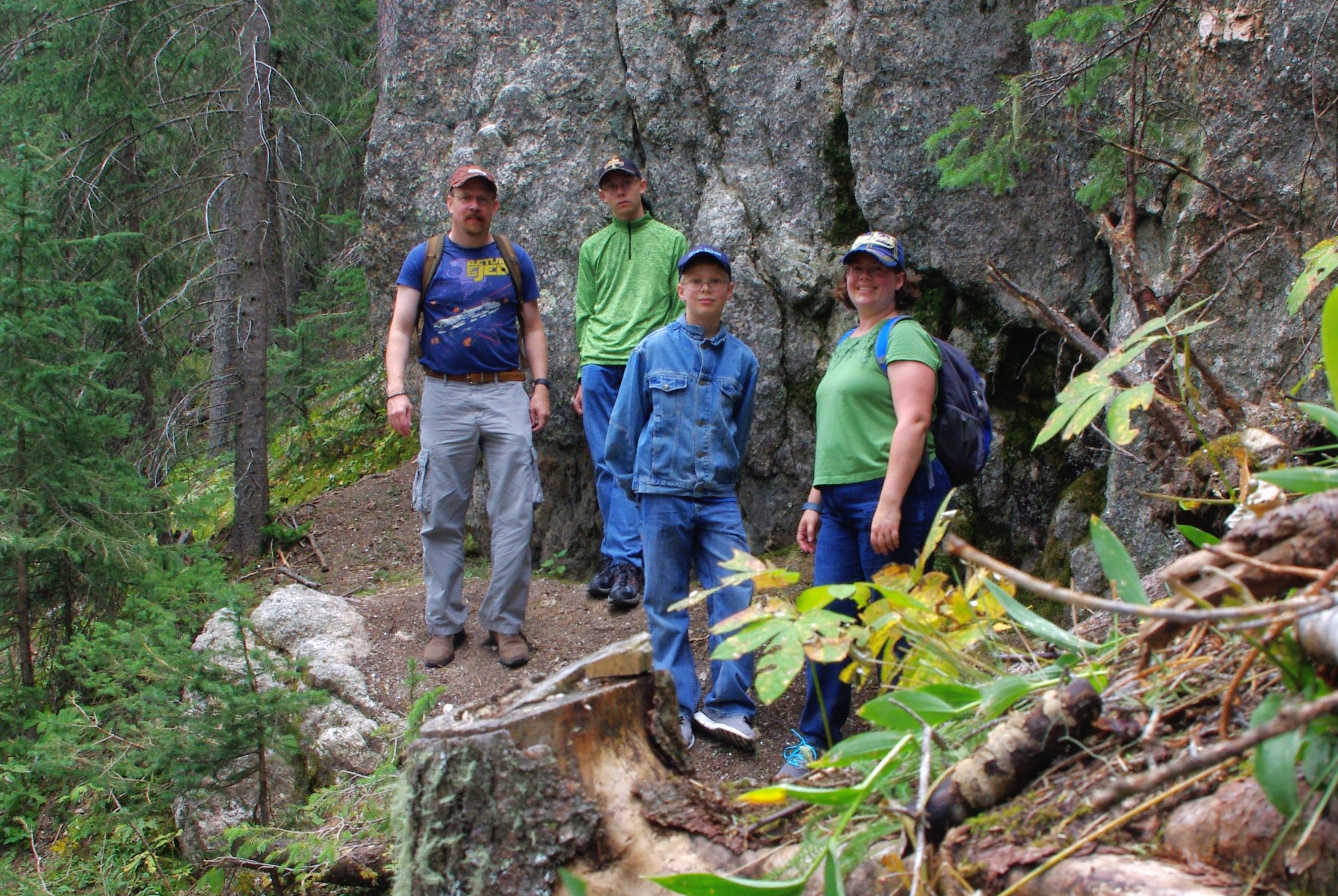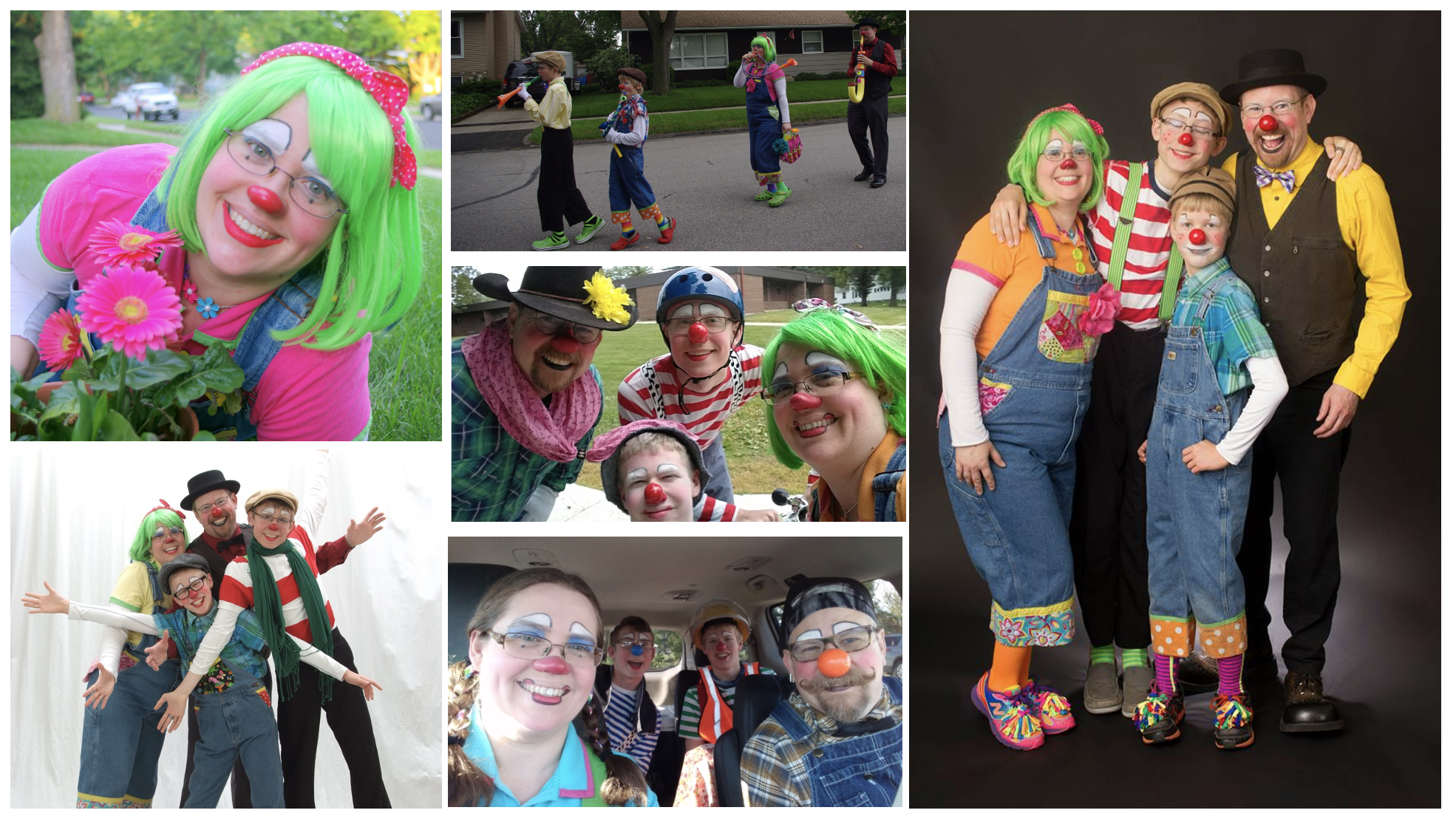 See all blog posts
See all blog posts
Meet our open source champions: Diane Chalmers, Project Manager
In this blog series, we’re highlighting some of the amazing individuals who contribute to Open Source software (OSS). We’ll delve into their contributions within OSS, their career journey, how OSS involvement has helped them, and their advice to others for getting involved.
Introduction:
Diane is a Project Management Professional® and has been working with development teams on several application modernization tools since she joined the area in March 2020. These tools include the WebSphere Migration Toolkit, IBM Mono2Micro™, and Transformation Advisor. Diane is also involved in several WebSphere & Liberty Community efforts including the WebSphere User Group (WUG) Roadshows and the twice monthly IBM Expert TV show titled App Transformers: More than meets the eye. Diane and her husband, Greg, have two teenage boys.

Tech introduction:
The WebSphere & Liberty Community is a place where users can ask questions, learn from experts, and connect with other users locally and globally. I love that it doesn’t matter whether you work for a large corporation or a small start-up, everyone can come to the community to learn and share knowledge. So far this year we’ve had two WebSphere User Group (WUG) Roadshows, these are free virtual events that anyone can join. Look for more events and roadshows to come!
IBM Expert TV launched in July 2020. If you haven’t checked it out yet, you should see all of the programming available! Shows are happening all of the time and are recorded so you can always go back and watch an episode. It’s completely free and available for anyone. There’s a WebSphere & Liberty Community Spotlight show, Let’s Code show, and App Transformers show … just to name a few. In the beginning I coordinated the Let’s Code show, which is focused all around coding and development. Then in November we launched a spin-off show called App Transformers: More than meets the eye. Dana Price is the host of the App Transformers show. Dana and I work together to bring in all kinds of guest speakers on a variety of topics. Shows are live, so we encourage watchers to post questions and comments so we can address them. I encourage you to check out the App Transformers show if you haven’t yet!
Table of contents:
Q&A:
What was your journey like to becoming a project manager? How did you find the transition from a technical, developer role to project management?
My journey has had a lot of twist and turns, and in a funny way each role has led to the next. When I first graduated from university and joined IBM, I took a Test role. I loved it! I was able to learn so much about the offering that I tested and I enjoyed that big picture view that I was able to have. I also enjoyed documenting the processes we used and created a getting started guide for others newly new hired in our area. The team I was on then moved into doing a rotation between test, development, and support. My passion was still with testing and I found myself as an SVT lead for WebSphere Migration. Again, I found myself doing a lot of documentation around our processes and someone mentioned Project Management to me. I was hooked right away! My first Project Management role was working with the IBM Support Assistant team, and I stayed with that wonderful team for many years. From there I was moved into a role focused around internal communication for our Support Transformation efforts, which won IBM multiple awards. Once that initiative was well underway, I found myself wanting to get back into more Project Management. That’s when I came back to the WebSphere team.
What projects have you worked on since joining IBM? Were any of these open source?
During my career at IBM I’ve worked on a lot of offerings that are more tool-like in nature. What I mean is that they are offered for free to help IBM customers. A couple of examples are IBM Support Assistant and the WebSphere Migration Toolkit. During the course of development, there is often open source code that the team wants to use when developing a feature. I’ve always been a supporter of using open source within our offerings once it clears some internal checks. Open source is great because of the variety of people who get involved, each person brings a different perspective to make the open source better. For example, you may have students, professors, large corporations, and small business people all coming together to accomplish a common goal and yet still bringing their unique view. I think that’s the power and strength of open source.
What role do project managers have within an OSS project or community? What contributions can project managers make to OSS projects through their specialist skills and experiences?
Typically Project Managers are good organizers and communicators with an attention to detail. These skills can be valuable to open source projects and communities. So even if a Project Manager isn’t able to contribute code they can still play a key role in its success. Project Managers have a lot of experience with scheduling and ensuring work is done on time. We like to establish a cadence for our projects, which includes backlog review, planning, scrum calls, playbacks, and retrospectives. We also like to ensure that we’ve addressed all compliance work items such as legal and security compliance. Personally, I’ve also been involved in a lot of communication activities such as meetings with sponsor users for feedback on our Minimum Viable Product (MVP), publishing blogs, and social media drives. All of this can be extremely useful for open-source projects!
As someone who is very involved in community outreach and student-focussed volunteering and activities, how do you see OSS involvement helping students? Why should more students get involved and make use of OSS?
An open source project is a great way for students to get their feet wet with developing in the real world. They’ll get to learn about pain points for their consumers and experience what it’s like to work with people with various backgrounds. It’s also a great way for students to start to make connections outside of their normal circles.

What piece of advice would you give to someone who is interested in getting involved in OSS?
For me personally, I’ve always been one to push myself into uncomfortable situations when I know that I’ll grow from the experience. That’s not to say that I wasn’t scared to death in some of those situations, but they’ve always worked out for the best. So my advice is to take the leap, take the risk … you’ll grow and learn from it, which is a good thing!
What do you like to get up to outside of work?
Giving back is important to me, not only in a professional sense but also on a personal level. My family and I have a business called Giggle Givers. We do parades, twist balloon animals, perform shows, etc. It’s been great for keeping our family close and it has been a great way to demonstrate give back for our two boys. We’ve been doing family entertainment for over a decade together. Giving back to our local community in the way of smiles and laughter has been great! As many people say, you’ll find that you get more than you give. The joy that we are able to share comes back triple-fold.

Getting started with Open Source
If this article has helped inspire you to get started contributing to open source, why not consider contributing to Open Liberty. It’s easy to get started: https://openliberty.io/contribute/




